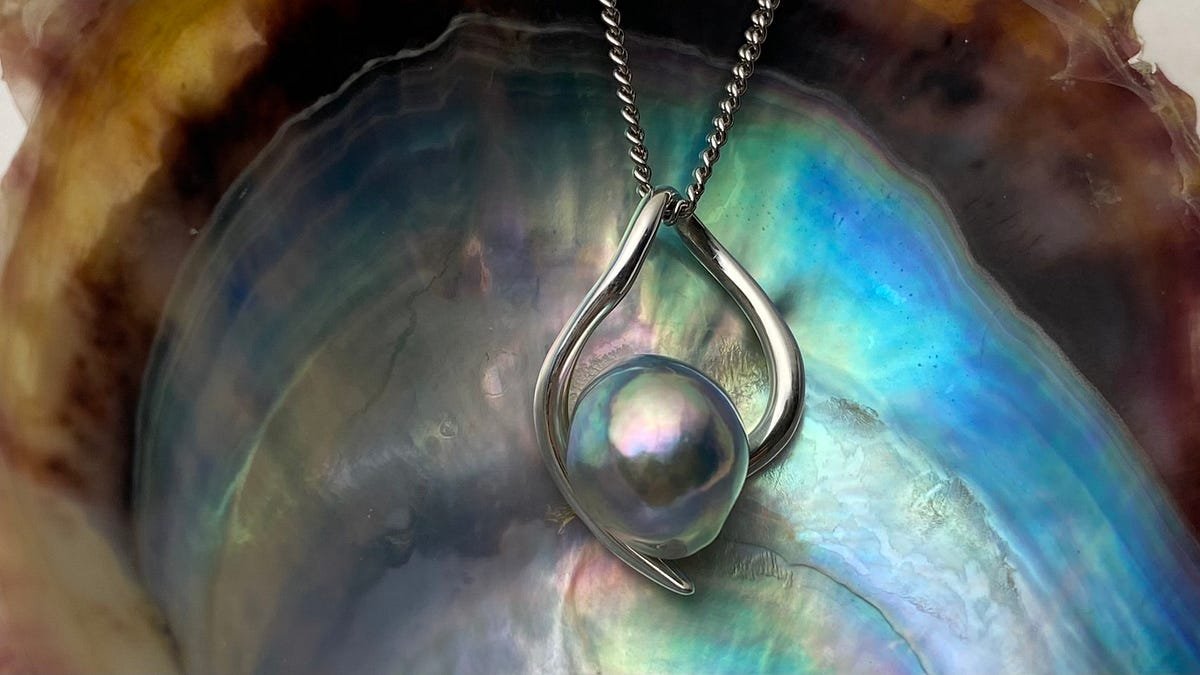How I Became a Pearl Seller. From Debt to Pearls | by Flower Jem | Aug, 2025

The company I interviewed with turned out to be an old, established pearl company, founded over a century ago, with its own Akoya pearl farm. I later learned that they hadn’t hired a new employee in seventeen years.
My main duty there was pearl sorting. To be honest, the workload was surprisingly light. The only truly busy season came at the end of the year, when I would travel to a remote southern island for two months of non-stop pearl grading.
In the Kobe headquarters, daily life was quiet. I arrived at nine, sorted pearls while occasionally chatting with the president or directors, and went home at five. It was, by any measure, an easy company.
Soon after joining, I was asked to help renew the company’s website, because I had some past experience making sites with professional developers. Later, I suggested starting official social media accounts. The president dismissed the idea at first — “SNS? At this point?” — but I insisted, and eventually I was allowed to run Twitter and Instagram.
By that time, I had already grown fond of pearls. I wanted to show the world how pearl products were made, step by step. But the president didn’t like that. “Don’t show the behind-the-scenes,” he said, and he often censored or blocked my posts.
I basically liked the president — he was kind — but he could also be extremely sensitive and conservative, which I found troublesome.
Even with the company trying to hold me back, the number of followers on our social media accounts steadily increased. In fact, among the pearl companies in Kobe, my accounts had gained the third most followers — just behind the two giants, M Company and T Company. Of course, their follower counts were overwhelmingly larger, but still, I was proud of the growth.
At the pearl farm during harvest season, I sometimes took photos of freshly harvested pearls. The farm manager often scolded me harshly: “Don’t photograph pearls right after harvest. Are you a spy?” But since he didn’t own a smartphone, I was sure he would never see the posts, so I kept taking them in secret.
After about three years, what had once seemed tedious — pearl sorting — became something I understood and enjoyed. I also began doing a little wholesale and retail, slowly building up customers.
The president often told me, “You don’t have to be that kind to customers,” but I couldn’t help myself. I wanted to be as helpful as I could.
The Kobe office was small: the chairman, president, two accountants, and me. In practice, most of the work was done by just the president and me.
Over time, my work expanded: pearl sorting, wholesale, retail, and even exhibiting at the Hong Kong Jewellery Show starting around 2017. Most companies would bring in outside experts for their first exhibition, or at least send staff to observe other companies. But my president simply said, “You do it alone.”
So I prepared for the exhibition by getting advice from employees at other pearl companies who had experience.
By then, we were also supplying TV shopping programs, and my workload had increased a great deal.
Before the Hong Kong show, I was busy preparing for the booth. And once in Hong Kong, I also had to take care of the president, who wouldn’t lift a finger. “Which train should I take? I want to eat Hong Kong food, but only if the menu has Japanese on it.”
Before year-end trips to the pearl farm, the chairman would say, “If you go, we won’t finish producing the TV shopping orders in time. Can’t you delay?” Even though I had already prepared all the specifications and materials for hundreds of necklaces.
So at the farm, I sorted pearls all day, then at night prepared for the Hong Kong show and the next TV shopping project. It was exhausting.
At the same time, my wholesale and retail customers were growing. Many told me, “I always see your posts.” That support gave me energy.
Eventually, the company decided to hire someone new to handle retail.
This was “I.” He spoke impressively, like someone reliable and capable. Everyone believed in him.
But within a year, the accountants started complaining: “Mr. I’s paperwork is full of mistakes. Don’t be fooled.” Still, the president and other staff scolded the accountants instead. That was how persuasive Mr. I seemed — almost like the leader of a new religion.
Mr. I had once worked in a harsh job environment, so now he lived by the principle of “Do as little work as possible.” He often told me, “You don’t have to over-serve customers. Just do the bare minimum.”
For example, if a customer inquired, “Do you have 7 mm dangling-type earrings?” — if we didn’t have any in stock, Mr. I would just say, “Sorry, we don’t.”
I, on the other hand, would ask for details and then make the earrings for them.
Mr. I criticized even that effort of mine. The president too would say, “Don’t pamper customers. If you want to put effort into cheap items, spend that time at the pearl farm instead.”
Because our approach to retail was so different, I was gradually pushed out of retail.
Later, another new employee joined — “O,” fluent in Chinese. The president put him in charge of wholesale, even though he had been there less than a year.
As a result, except for long-standing clients, I was stripped of both retail and wholesale.
Ironically, I had indirectly introduced O to the company — he was a friend of a friend. We’re still friends today. He knew his Chinese was perfect, but admitted he was a complete beginner in pearls and sales. Still, he said, “The president ordered it, so I can’t object.”
In the end, the company told me to “just focus on the farm.”
They even tried to take away the social media accounts, but that was the one thing I refused to surrender.


